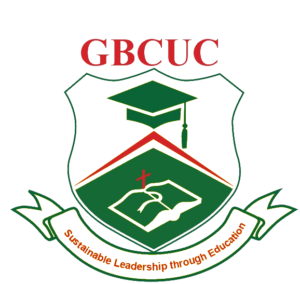
PROGRAM INFORMATION
TYPE: DIPLOMA
DURATION: 3 YEARS
ACCREDITATION: HEA, ZQF LEVEL 6
Diploma in Integrated Science
Integrated Science Education is designed to provide students with a holistic understanding of various scientific disciplines, fostering critical thinking skills, scientific literacy, and problem-solving abilities. It recognizes that science is interconnected and helps students make connections between different scientific concepts, promoting a well-rounded scientific education.
Program Outline
| YEAR 1 | |
| COURSE CODE | COURSE TITLE |
| HPE 41002 | History and Philosophy of Education |
| CSS 41003 | Communication and study skills |
| EPS 41004 | Education Psychology and Sociology of Education |
| ICT 41005 | Information Communication Technology |
| ISE 41111 | Integrated Science teaching method I |
| ISE 41115 | Foundation Biology I |
| ISE 41116 | Foundation Chemistry I |
| ISE 41117 | Foundation Physics I |
| YEAR 2 | |
| COURSE CODE | COURSE TITLE |
| CRE 42004 | Curriculum studies and assessment |
| ERP 42002 | Education Research |
| SGC 42001 | Special education, guidance and counselling |
| STP 42003 | Teaching practice I |
| ISE 42111 | Integrated science teaching methods II |
| ISE 42115 | Biology II-Plant and animal Physiology |
| ISE 42116 | Chemistry II-chemical processes |
| ISE 42117 | Physics II- Optics and wave motion |
| YEAR 3 | |
| COURSE CODE | COURSE TITLE |
| EED 43001 | Entrepreneurship Education |
| ELE 43061 | English Language teaching methods III |
| ELM 43002 | Education leadership and management |
| ERR 43003 | Education Research (Research report) |
| ISE 43111 | Integrated science teaching methods III |
| ISE 43115 | Biology III- Genetics, Health and environment |
| STP 43004 | Teaching Practice II |
Programme Aims and Objectives
Upon completing an Integrated Science Education program, students should be able to:
- Demonstrate a fundamental understanding of key scientific concepts, principles, and theories in various scientific disciplines, including physics, chemistry, biology, earth science, and environmental science.
- Explain the interconnections between different scientific disciplines and how they contribute to a comprehensive understanding of natural phenomena.
- Develop and apply scientific inquiry skills, including observation, hypothesis formation, experimentation, data collection, and analysis.
- Apply critical thinking skills to evaluate scientific information, identify bias, and draw evidence-based conclusions.
- Solve complex problems by applying scientific principles and methodologies, including designing experiments and investigations.
- Conduct laboratory experiments safely and effectively, including proper use of scientific equipment and tools.
- Communicate scientific ideas and findings clearly and effectively through written reports, oral presentations, and visual representations.
- Apply scientific knowledge to real-world problems and issues, including health, technology, and environmental challenges.
- Explore the impact of science on society and the ethical, social, and cultural dimensions of scientific advancements.
